As an author, it is both exciting and frightening to begin reading the review of a book you have spent several years of your life researching and writing. But you also appreciate when a reviewer sees both the good and the perhaps not so perfect points of your work. That’s how I feel about Mike Segretto’s coverage. He doesn’t completely agree with my feminist bent on the show, but does agree with my glass-half-empty/glass-half-full take on the way the show handled ethnicity in the midst of the Civil Rights Movement. I smiled when he rated the book “a fine piece of cultural analysis” and an “atypically readable and fun one”. That was my goal all along – to make some cultural points about The Monkees and their impact while entertaining the fans who have known they mattered all these years. — Rosanne
Review: ‘Why The Monkees Matter: Teenagers, Television, and American Pop Culture’
by Mike Segretto from Psychobabble, July 17, 2016


The question of whether or not some artifact of the twentieth century still “matters” has become a trendy question among pop-culture writers. The annoying implication is that the writer’s judgment holds some sort of weight, and if it is decided that, say, The Beatles get the thumbs down, they no longer “matter”—whatever that means. Instead of asking questions, Rosanne Welch’s new book Why The Monkees Matter: Teenagers, Television, and American Pop Culture makes an emphatic statement, and unlike a lot of these other “does this matter?” pieces, there is a special point behind her statement since The Monkees spent so much of their fifty-year career having critics tell them they most certainly do not matter.
As Welch points out, that attitude really began to change in the wake of Davy Jones’s death in 2012, as critical consensus started moving toward the judgment that The Monkees were actually really great. The point of Why The Monkees Matter is to articulate that judgment, and she does so by focusing exclusively on their TV show, which she notes was artistically, narratively, and politically progressive.
Welch organizes her book as a series of stand-alone topical essays. She deals with the state of the teenager on American TV prior to The Monkees arrival; how The Monkees contemporized depictions of young people by voicing anti-war, anti-consumerist philosophies (some scripted, some not); the radical inventiveness of the series’ design and writing (“The Monkees” was that rare sixties show that went out of its way to hire young writers); it’s pop-cultural legacy; etc.
Welch also deals with how women and non-American ethnicities were handled on the show. This is where “The Monkees” didn’t always live up to its Aquarian ideals, though the author cuts the series a lot of slack regarding its treatment of women. Yes, we do see an unusual number of female characters in respectable positions on the show—judges, royalty, PH.D. students, rock musicians—but some of Welch’s arguments that the series was generally feminist are weak. She contends that Davy’s weekly girlfriends weren’t sex objects because they never actually spend the night at The Monkees’ pad. Well, how many women on sixties sitcoms spent the night at a man’s pad? Zero? She suggests that Micky values intelligence more than sexuality because he describes Brenda from “99 ½ Pound Weakling” as “brilliant and intelligent” when this is clearly a joke on her stoned inarticulateness. While Welch notes the demotion of the all-female band The Westminster Abbeys to go-go dancers at the end of “Some Like It Lukewarm”, she unconvincingly suggests that other elements in the episode balance out the sexist way the writers chose to end it.
Welch is less forgiving when analyzing how non-American ethnicities are handled on “The Monkees”, focusing on how Asians, Italians, Gypsies, and Russians are stereotyped on the series. She misses a great opportunity to discuss the character of Thursday in “Monkees Marooned”, who very effectively sends up the “black native” stereotype with his eloquence, intelligence, ability to take control of situations, and hipness.
Aside from the weaknesses in these two chapters, Why The Monkees Matter is not only a fine piece of cultural analysis overall but also an atypically readable and fun one. It’s filled with historical tidbits about the series’ filming and writing and Mike, Micky, Davy, and Peter, so even if you need no convincing that The Monkees matter, you may still find much to interest you on its pages.
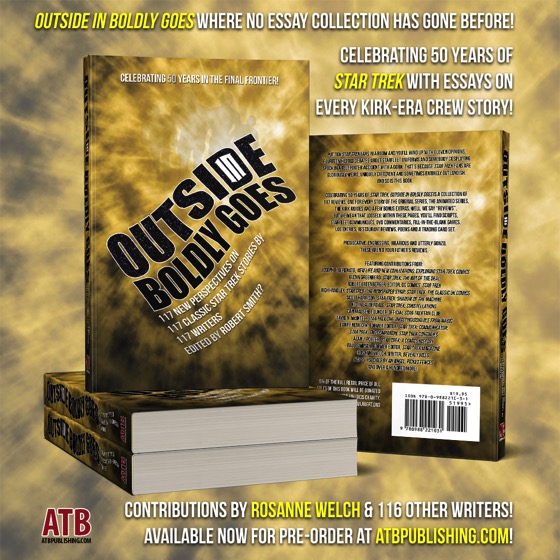
![Who Wrote The Monkees? from1960’s TV Censorship and The Monkees with Dr. Rosanne Welch [Video] (0:48)](https://rosannewelch.com/wp-content/uploads/2016/09/monkees-censorship-02-who-wrote.jpeg)

![More Charlie and the Chocolate Factory from A History of the Art of Adaptation [Video] (0:52)](https://rosannewelch.com/wp-content/uploads/2016/08/adapt-15-charlie-chocolate-2.jpeg)
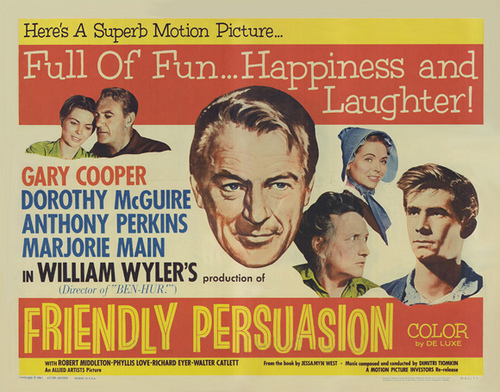



![Introduction from 1960’s TV Censorship and The Monkees with Dr. Rosanne Welch [Video] (1:00)](https://rosannewelch.com/wp-content/uploads/2016/08/monkees-censorship-2016.jpeg)

![A Lesson in the Power of One Line – Leigh Brackett [Essay]](https://rosannewelch.com/wp-content/uploads/2016/08/brackett-2.jpg)
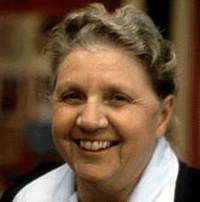
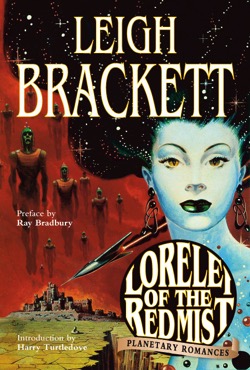
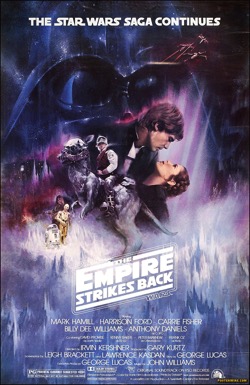



![More on Breakfast at Tiffany’s from A History of the Art of Adaptation [Video] (1:03)](https://rosannewelch.com/wp-content/uploads/2016/07/adapt-11-breakfast-2.jpeg)
![Hey, Hey, It’s the Monkees at 50! Part I via Emmys.com [Article]](https://rosannewelch.com/wp-content/uploads/2016/07/Monkee-4.jpg)